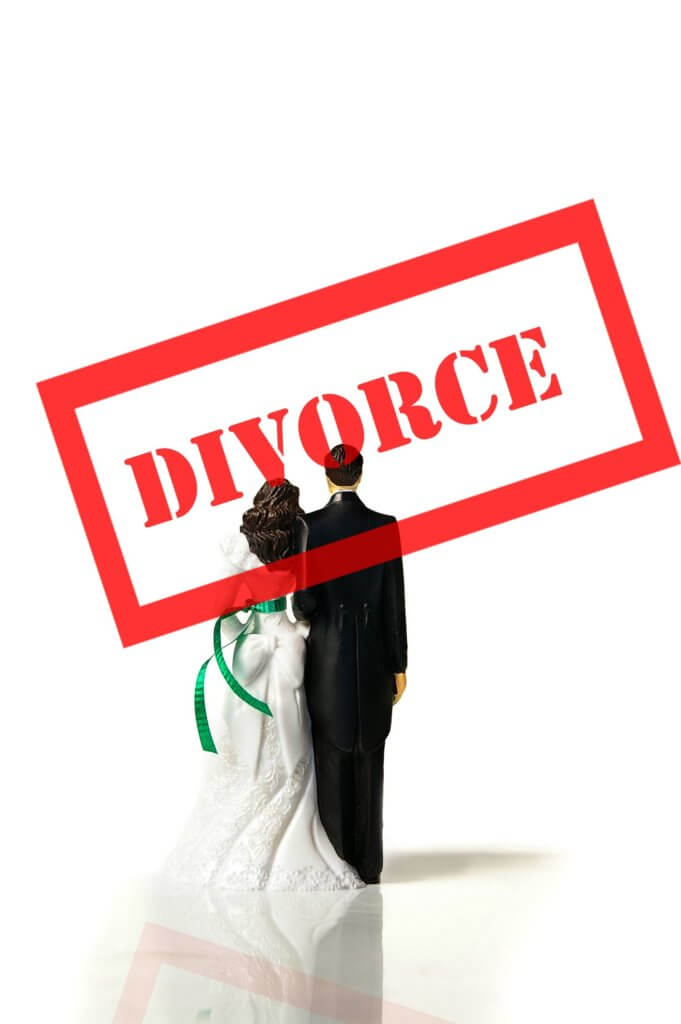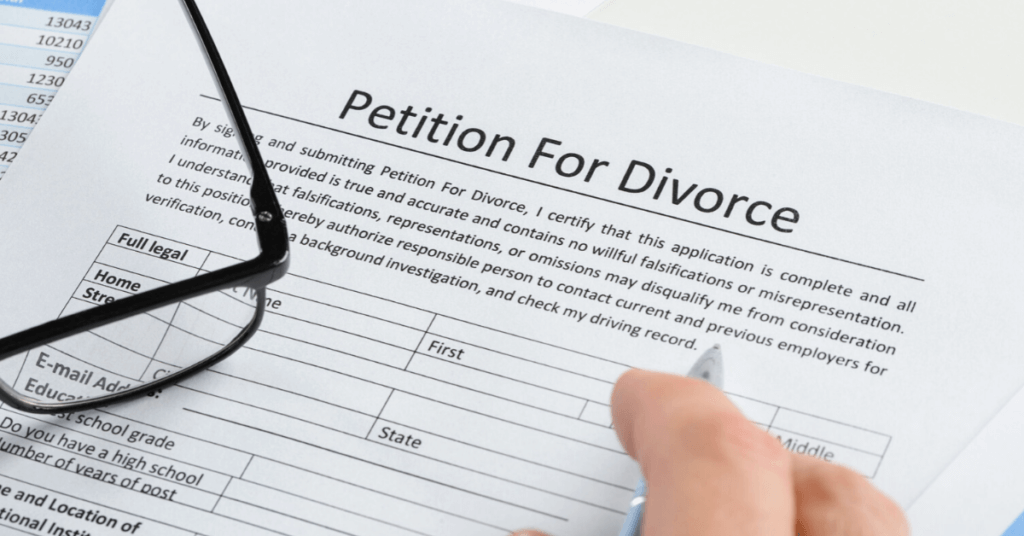
Where do I file for Divorce if I live in Georgia?
Georgia Divorce Law requires that you file a complaint about divorce in Superior Court in the county where your spouse resides. If your spouse no longer resides in Georgia, then you have to file in the county of your own residence. In order to file in your own county of residence your spouse will have had to been gone for less than six months, and/or would have had to previously lived in your county of residence with you.
Because of the complexity of this process, it is recommended to hire an attorney in your county or nearby county to help you sort out the details and help you patrician the appropriate county’s Superior Court. Our law firm is located in Cobb County Ga and we are family with Atlanta area courts and their processes.
Can I file for divorce even if we’re still living together? 
You and your spouse must be “legally separated” to file for divorce. However, that doesn’t mean you must be living apart. Georgia Divorce Law state that you are legally separated if you are no longer engaging in marital relations. You must consider yourself to be in an actual “state of separation”.
What is separate maintenance?
Separate maintenance is a court document that puts the terms of your legal separation in writing. If you request an order for separate maintenance instead of for divorce, the judge will address all issues that could be addressed in a divorce case. Some people request separate maintenance because of religious beliefs, to keep a legal benefit (insurance or Social Security, for example), or other reasons.
Does Georgia have a “No-Fault” Divorce?
Yes. To obtain a “no-fault” divorce, one spouse must simply state a belief that the marriage is over, or “irretrievably broken.” Most divorces in Georgia are no-fault divorces.
Does Georgia have a “Fault” Divorce?
Yes, one spouse can allege that the other spouse caused the breakdown of the marriage. Some fault grounds for divorce include adultery, desertion, mental incapacity at the time of marriage, marriage between people too closely related, impotence at the time of marriage, force or fraud in obtaining the marriage, conviction and imprisonment for certain crimes, mental or physical cruel treatment, habitual intoxication or drug addiction, and mental illness.
What’s the process?
The person seeking the divorce (the “plaintiff” or “petitioner”) must file a document in the appropriate Superior Court. This document is called the “complaint” or “petition.” It contains information such as current living arrangements, children, marital assets and debts, and the specific reason for seeking a divorce. A copy of the complaint will be served on (personally delivered to) the other spouse (the “defendant” or “respondent”) by a sheriff of the appropriate county, or that spouse may acknowledge service by signing a document in the presence of a notary public. The defendant has 30 days to file a written answer to the complaint.
LEARN MORE ABOUT THE STEPS OF DIVORCE

How long will the Divorce process take?
It depends on whether your divorce is complicated or simple, based in large part on how you and your spouse interact. The more the two of you can agree on, the easier and less costly it will be. If you reach an agreement on all issues, the divorce is “uncontested,” and granted 31 days after everything is filed. If you take your disagreements to trial, the divorce won’t be final for months or even years. The fastest a divorce can be final in Georgia is 5 weeks.
Can I get the court to help me immediately?
If you need the court to quickly resolve questions of child custody, visitation, child support, alimony, debts, or possession of the property, you can request a temporary court order. The court will schedule a short hearing, you and the other spouse will make your arguments. The judge will issue an order that applies only until the time of the final trial. The temporary order may also prohibit you and your spouse from giving away or selling assets, or taking the children out of state.
Who will get custody of the children?
Georgia Divorce Law states that until a court ruling or agreement, married parents share custody. The judge will try to fashion a custody plan that is in the “best interests of the child.” The judge will consider many factors, including the age and sex of the child, and the ability of each parent to care for and nurture the child. A child who has reached 14 years of age may generally choose which parent will have custody. A judge may take into account the wishes of children aged 11 to 13.
Can parents share custody?
Yes. The court can award joint custody instead of sole custody. There are two types of joint custody: Joint legal custody, where both parents have equal rights and responsibilities for major decisions concerning the child; and joint physical custody, where the child has substantially equal time and contact with both parents. The court may order joint legal custody, joint physical custody, or both.
What are our child support obligations?
Georgia Divorce Law states that all parents must support their children, generally until a child reaches 18. Typically, the non-custodial parent is required to pay a reasonable amount to the custodial parent to assist with living expenses. Child support may also include payment for health insurance, medical and dental expenses, and life insurance. Courts rely on child support guidelines (Georgia Code section 19-6-15) to calculate the appropriate amount of child support. The amount is based on factors including the time the non-custodial parent spends with the children, the ages of the children, daycare costs, medical costs, education costs, significant income or debt of either parent and obligations to another household. The guidelines are revised frequently. Each parent is required to prepare a Domestic Relations Financial Affidavit, setting out his or her financial circumstances.

LEARN MORE ABOUT CHILD SUPPORT IN GEORGIA
What about alimony?
Alimony is a support payment by one spouse to another. It is generally not available to a spouse who caused the dissolution of the marriage by adultery or desertion. Alimony may be for a limited time period or until the spouse receiving alimony dies or remarries or may be paid in one lump sum. The court will consider the length of the marriage, the health of each spouse, each spouse’s assets and expenses, and the contributions of each spouse to homemaking, child-raising, and the other’s career.
What happens to “our” property?
Marital property is generally all property acquired during the marriage. The only exception is property received by gift from a third party or by inheritance. Each spouse is entitled to an “equitable” (which means fair, but not necessarily equal) share of the marital property. There is no set formula for splitting up marital property; however, credit may be given to a party who contributed “separate” or “premarital” property to the marriage. Georgia case law uses a complex formula to determine how the contribution of “separate” property to the marriage is to be handled.
LEARN MORE ABOUT MARITAL ASSETS
Learn more about Georgia Divorce Law by browsing our site
Our Family Law Firm is located in Marietta, Georgia and offers all Family and Divorce Law Services at Flat Fees. Our Attorney Sean R. Whitworth has over 10 years of experience as a Cobb County Family Lawyer.

*Original article published on divorce net

